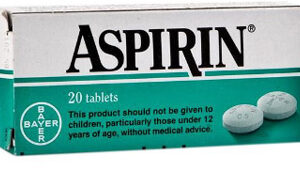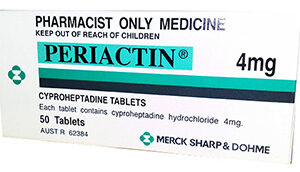Maxalt Essentials
Maxalt, known generically as rizatriptan, is a discerning remedy employed for alleviating the distress associated with migraine attacks. It functions by targeting serotonin receptors, contributing to the reduction of inflammatory substances that might cause migraine symptoms.
Uses of Maxalt
Medical professionals recommend Maxalt for the acute treatment of migraine episodes with or without aura in adults. It serves to alleviate headache phase symptoms but is not intended for the preventive treatment of migraines or for the abatement of other types of headaches.
Dosage and Guidelines
Administration of Maxalt is contingent on the requirements of the individual. The usual initial dose for adults is 5 mg or 10 mg, which may be repeated once after a minimum interval of two hours if the migraine persists. The maximum recommended daily dose should not exceed 30 mg within a 24-hour timeframe. Tablets should be consumed whole, with liquid, and may be taken with or without food. If a second dose is required, consideration of renal or hepatic impairment should be taken into account, potentially necessitating a lower dose. Monitoring of the patient’s response helps optimize the dosage regimen.
Heedful Measures
Maxalt should be dispensed with caution to individuals with risk factors for coronary artery disease, including smokers or patients with high cholesterol, hypertension, obesity, diabetes, or a family history of coronary artery disease. Before initiating Maxalt, an assessment of cardiovascular risk is advised. Additionally, consideration should be given to the potential for overuse headaches with frequent, chronic consumption of any headache medication.
Medicinal Synergies
Maxalt may interact adversely with certain medications, specifically monoamine oxidase inhibitors (MAOIs), which must not be taken concomitantly or within two weeks of each other. Other serotonin-enhancing drugs, like selective serotonin reuptake inhibitors, serotonin-norepinephrine reuptake inhibitors, and other triptans, may augment the risk of serotonin syndrome, characterized by symptoms such as confusion, hallucinations, and rapid heart rate.
No-Go Situations
Individuals with a history of ischemic heart disease, uncontrolled hypertension, or severe renal or hepatic impairment should not use Maxalt. Moreover, those who have experienced cerebrovascular syndromes such as strokes or transient ischemic attacks, or certain types of migraines like hemiplegic or basilar migraine, are precluded from treatment with Maxalt. Additionally, concurrent administration with ergot-containing drugs or other 5-HT1 agonists within the preceding 24-hours is contraindicated.
Adverse Reactions
Patients may experience various unwanted effects while taking Maxalt. More commonly reported side effects include dizziness, sleepiness, fatigue, and nausea. Other reactions can include palpitations, muscle pain, dry mouth, and sensations of heaviness or pressure. Persistent or severe side effects warrant immediate medical consultation.
Populations of Concern
Maxalt should be used judiciously in certain groups of individuals. Those with known hypersensitivity to rizatriptan or any component within the formulation should avoid Maxalt. The impact on elderly populations is not well-documented; thus, Maxalt should be prescribed with caution in this demographic. The drug’s safety and effectiveness in pediatric patients have not been firmly established.
Pregnancy Considerations
Treating migraines during pregnancy requires special attention. Pregnant individuals should consider the use of Maxalt only if the potential benefit justifies the potential risk to the fetus. It falls under Pregnancy Category C, and there is insufficient data to determine the drug’s safety profile in human pregnancy. Close consultation with a healthcare provider is essential prior to administration.
Excessive Ingestion Response
If an overdose of Maxalt is suspected, immediate medical attention is of utmost importance. Symptoms of overdose may include fainting, blue-colored skin or lips, lack of coordination, or extreme weakness. Patients receiving excessive doses of Maxalt should be monitored closely and supportive care provided as required. Control of high blood pressure and other potential symptoms is recommended.
Product Care
Maxalt should be stored away from the reach of children, ideally in a locked cabinet or area. It should be kept at room temperature, distant from moisture and heat. The medication must be maintained in its original packaging until the time of use to preserve its integrity and effectiveness.
Answering Your Queries
When contemplating the use of Maxalt, questions may arise. Can Maxalt be taken on an empty stomach? Yes, it can be consumed with or without nourishment. What should I avoid while taking Maxalt? Steering clear of activities requiring full alertness after taking Maxalt is prudent until you are certain you can perform such activities safely. Advise your doctor if you experience any heart-related symptoms or significant side effects.





Reviews
There are no reviews yet.